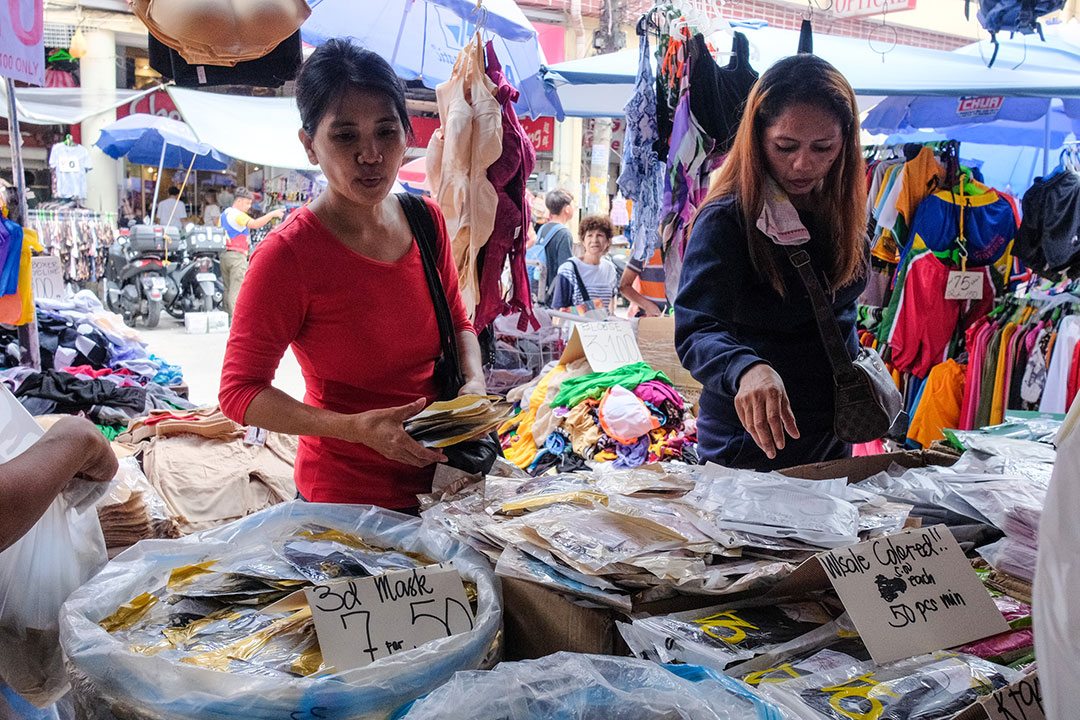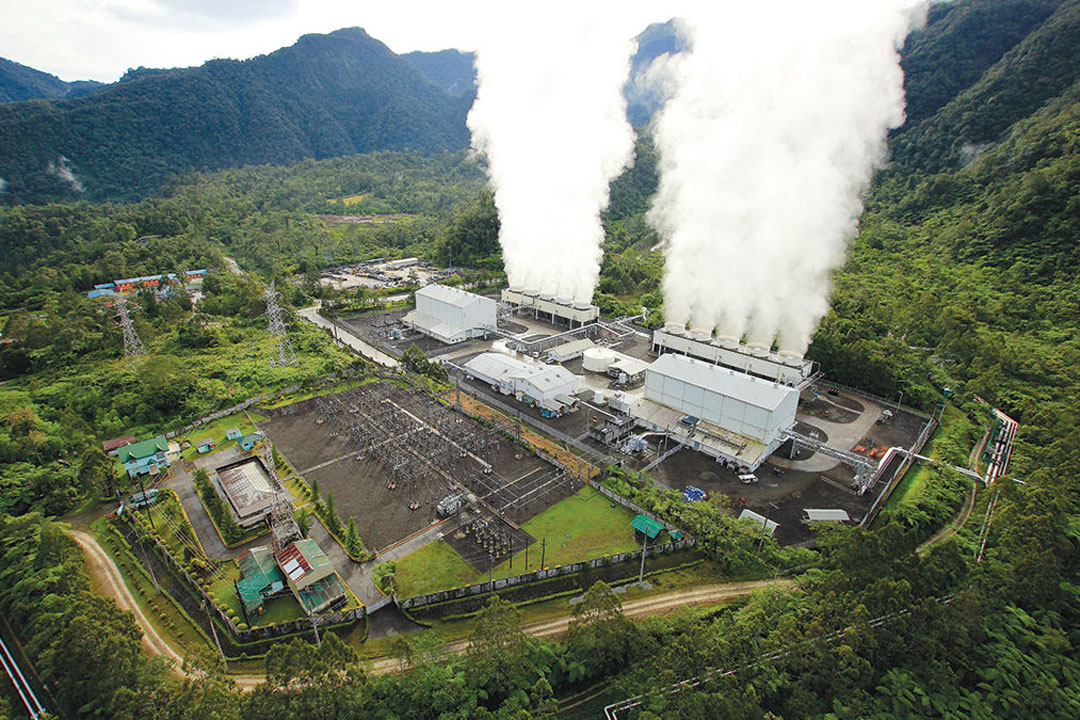
Upgrade to High-Speed Internet for only ₱1499/month!
Enjoy up to 100 Mbps fiber broadband, perfect for browsing, streaming, and gaming.
Visit Suniway.ph to learn
 PEOPLE buy face masks at a stall in Carriedo, Manila. — PHILIPPINE STAR/RYAN BALDEMOR
PEOPLE buy face masks at a stall in Carriedo, Manila. — PHILIPPINE STAR/RYAN BALDEMORTHE BANGKO SENTRAL ng Pilipinas (BSP) will be able to further reduce interest rates amid below-target inflation and weak economic growth, analysts said.
“With inflation holding near multi-year lows and the peso showing relative strength, a rate cut from the BSP in June has become more certain,” Bank of the Philippine Islands Lead Economist Emilio S. Neri, Jr. said.
This after inflation cooled to an over five-year low of 1.3% in May, bringing the five-month average to 1.9%. This is below the BSP’s 2-4% target band.
Inflation is also seen to remain well contained for the remainder of the year, analysts said.
Nomura Global Markets Research analysts Euben Paracuelles and Nabila Amani said headline inflation could average 1.8% this 2025.
“Our forecast pencils in CPI (consumer price index) inflation becoming more benign at 1.3% in the third quarter, down from 2% year-to-date, before edging back up to 2% by yearend,” they said in a report.
The central bank expects inflation to average 2.3% this year.
“This benign inflation outlook is underpinned by various factors, such as a negative output gap, low crude oil prices and the government maintaining supply-side measures (to keep rice prices low, in particular),” Nomura added.
Weaker-than-expected first-quarter gross domestic product (GDP) growth would also justify further easing, Mr. Neri said.
Consumption growth has not yet returned to pre-pandemic levels, which has kept overall GDP below 6%.
“However, with inflation stabilizing at lower levels, there is room for further recovery in the coming months,” he added.
The Philippine economy grew by a weaker-than-anticipated 5.4% in the January-to-March period, sharply slowing from the 5.9% expansion a year ago.
“Coupled with the weaker-than-expected GDP print in the first quarter, we think the latest inflation report supports the case for another 25-bp (basis point) cut at the BSP’s June 19 meeting,” Chinabank Research said.
The Monetary Board’s next policy meeting is scheduled for June 19.
In April, the BSP resumed its rate-cutting cycle with a 25-bp rate cut, bringing the benchmark rate to 5.5%.
Nomura expects the BSP to deliver another 75 bps worth of cuts for the remainder of the year.
“We continue to believe BSP has scope to steadily shift towards a more accommodative stance, as inflation expectations remain well-anchored and domestic demand is still subdued,” it said.
“We reiterate our call for BSP to deliver an additional 75 bps of rate cuts this year, taking the policy rate to a below neutral 4.75%.”
BSP Governor Eli M. Remolona, Jr. has signaled the possibility of two more rate cuts this year, in increments of 25 bps. He also said another 25-bp cut this month is still “on the table.”
The central bank has reduced borrowing costs by a total of 100 bps so far since it began easing rates in August last year.
RISKS AHEAD
Despite macroeconomic indicators pointing to a cut, Mr. Neri said the BSP must still remain cautious.
“However, while the environment favors a cut, caution is still warranted. A shift in US monetary policy remains a key risk, particularly if inflation there rises further due to tariffs.”
“An overly aggressive easing cycle could leave the Philippine economy exposed to a sharp reversal in the Federal Reserve’s stance, potentially forcing the BSP into abrupt and sizable rate hikes in response,” he added.
US Federal Reserve policymakers have already signaled they are in no rush to cut interest rates, and a government report on Friday showing the labor market is far from crumbling amid big trade policy changes only cements that stance, Reuters reported.
Financial markets have been betting the Fed will wait until September to cut rates and will deliver a second reduction in borrowing costs by December.
Meanwhile, Chinabank Research said the central bank will also consider the recent wage hike proposal and its impact on prices.
“The BSP will likely remain cognizant of persisting upside risks to the inflation outlook, including upticks in food prices and the proposed legislated wage hike.”
The House of Representatives last week approved on third and final reading a bill seeking to raise the minimum daily wage by P200 across the board. If passed into law, this would mark the first legislated national wage hike since the late 1980s.
“Looking ahead, we expect inflation to remain low in the next months, though a hefty increase in the minimum wage could add to inflationary pressures,” Chinabank added.
Business groups have warned that the proposed wage hike could lead to closure of small businesses, joblessness and higher cost of goods and services. — Luisa Maria Jacinta C. Jocson




